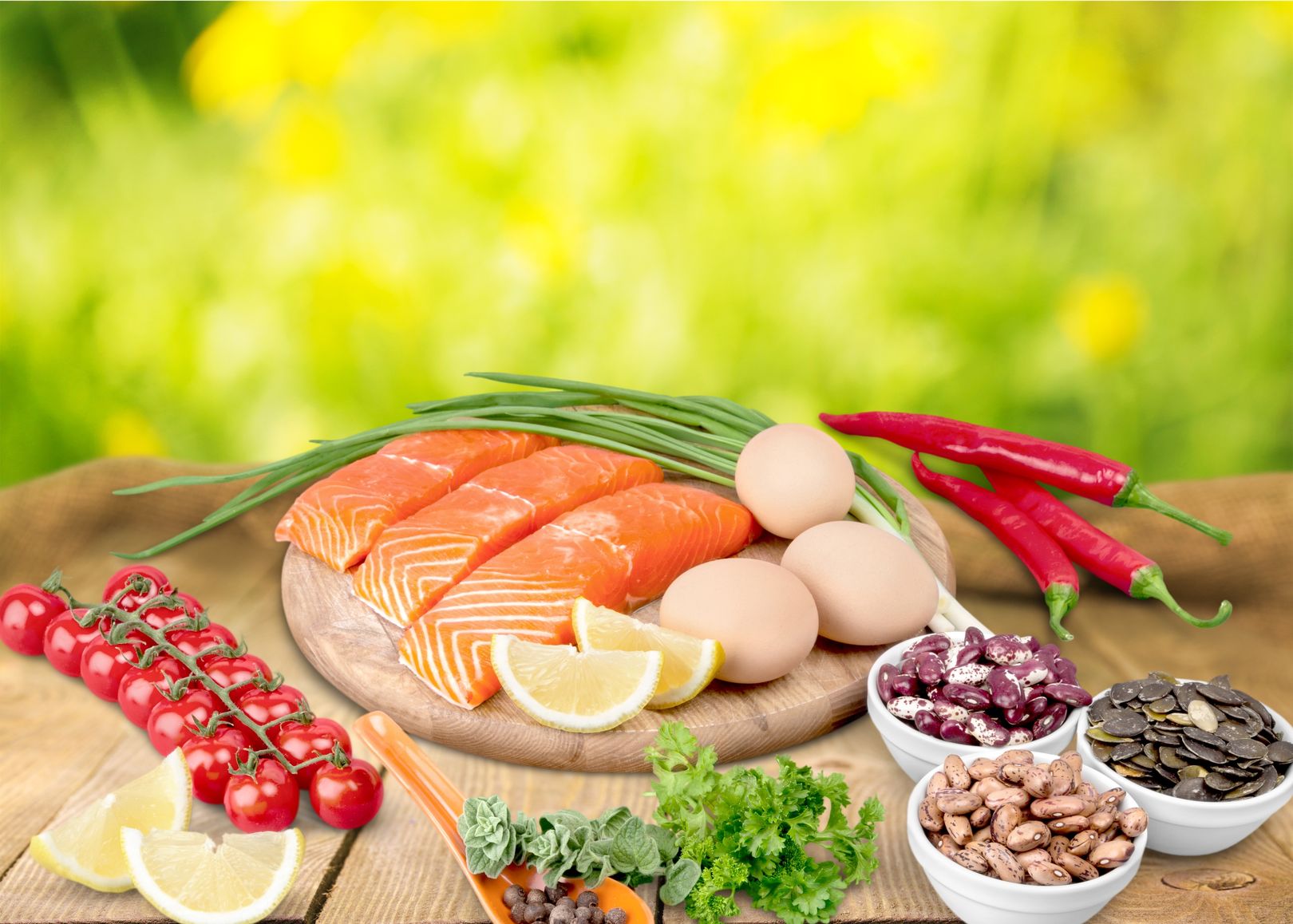Nutrition Basics: What You Need To Know About Protein
 Contributed by
Liza Rowan
November 17, 2015
Contributed by
Liza Rowan
November 17, 2015


Proteins, made up of one or more of the 22 amino acids, are essential for the body’s development and maintenance, and for our immune system. Of the amino acids, 9 are considered essential, meaning that they must be acquired from the foods we eat.
Not All Protein Is Built The Same
Complete proteins (those containing all essential amino acids) are found in animal foods (meat, chicken, fish, eggs and dairy products), whereas plant foods are an “incomplete” protein source (legumes, nuts, seeds and grains).
Not Enough Or Too Much
Protein deficiency, although rare in a diverse healthy diet, can result in extreme fatigue, anaemia, hormone deficiencies and cognitive disorders. More likely are symptoms of protein excess due to overconsumption of animal products. These include liver and kidney related problems, high cholesterol, and osteoporosis.
While protein deficiency is unlikely, it is important to get a balance of all essential amino acids (e.g. Tryptophan is very important in the production of serotonin, a vital neurotransmitter. Deficiency can lead to anxiety, restlessness, depression, and impulsive or aggressive behaviour). However, relying on animal foods for all essential aminos results in a high-saturated fat and low-fibre intake. Additionally, we need to give consideration to the source – it’s no secret that many animals are fed various hormones and antibiotics – together these attribute to many digestive related illness’ along with degenerative diseases. Fortunately, we can readily get the complete set of essential aminos by consuming a variety of plant protein sources; for example, rice with lentils, wholegrain bread with peanut butter.
Your Daily Protein Requirements
Our protein requirements are actually not that high (for adult women 46gms daily, 56gms for adult men) and are comfortably achieved with a diverse diet. Requirements are higher in times of growth (teenagers) and when pregnant or breastfeeding. The quality of our protein source is important. For a healthy low fat diet, I recommend consuming a variety of protein from some animal sources (lean chicken, turkey, lean meats, fish, some eggs, some dairy); and for more fibre and nutrients in our diet, enjoy a varied selection of protein plant sources (beans, legumes, nuts, seeds, and grains).
Visit the Health & Vitality page to find out more about Liza's business.
This article was originally published on Health and Vitality blog and has been reposted on Executive Lifestyle with the permission of the author.
Did you enjoy this post? Please comment, like and share!










Sorry, the comment form is closed at this time.